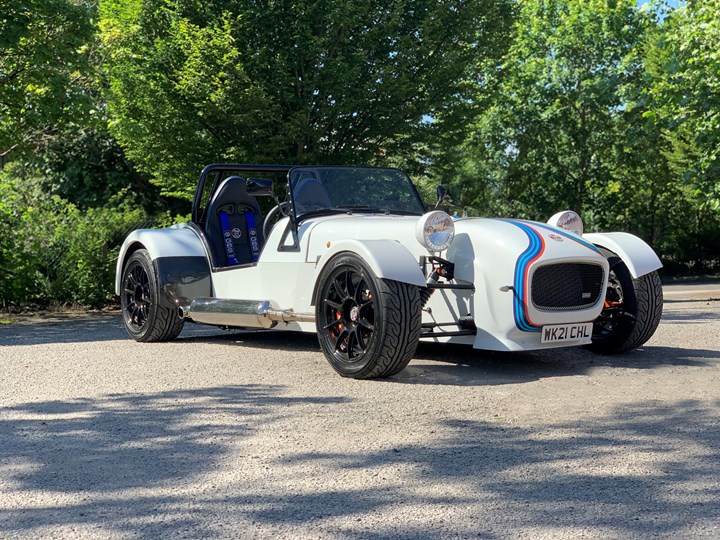Trelleborg undertakes composite-based R&D project
The focus of the project is to develop a novel composite material that can be integrated into an EV battery to reduce the overall weight of the battery case.

Funded by the Office for Zero Emission Vehicles (OZEV) (London, England) through the Niche Vehicle Network (Loughborough, Leicestershire, England), Trelleborg’s (Trelleborg, Sweden) applied technologies operation will undertake a research and development (R&D) project focused on electric vehicle (EV) battery material and design, as part of a collaboration with composites company Far-UK Ltd. (Nottingham, England), Great British Sportscars Limited (Ollerton, England) and Engenuity Ltd. (West Sussex, England). The early-stage R&D stream initiative provides a platform for collaborative research in zero-emission vehicle technologies within the U.K. niche vehicle sector.
The focus of the R&D project is to develop a novel composite material, as an alternative to aluminum, that can be integrated into an EV battery to reduce the overall weight of the battery case, supporting the decarbonization of vehicles on the road and reducing emissions through lightweighting.
Neil O’Keeffe, technical director of Trelleborg’s applied technologies operation in Rochdale, England, states, “We are actively developing new materials within the EV sector, and we know that collaboration is key to understanding industry challenges and speeding up the development process. EV production is a critical emerging market for Trelleborg, and we are keen to support the progression to electrification.”
Richard Hall, director of Great British Sportscars, states, “Building a working proof-of-concept within a vehicle is the end goal for the project. Working with other like-minded companies that are focused on innovation is key for us, there is a synergy in our outlook, with this project providing a great basis for knowledge-sharing and collaboration.”
The R&D project is for a six-month period, with findings and results published during 2022.
Related Content
-
Composites end markets: Automotive (2024)
Recent trends in automotive composites include new materials and developments for battery electric vehicles, hydrogen fuel cell technologies, and recycled and bio-based materials.
-
Infinite Composites: Type V tanks for space, hydrogen, automotive and more
After a decade of proving its linerless, weight-saving composite tanks with NASA and more than 30 aerospace companies, this CryoSphere pioneer is scaling for growth in commercial space and sustainable transportation on Earth.
-
Thermoplastic composites: Cracking the horizontal body panel nut
Versatile sandwich panel technology solves decades-long exterior automotive challenge.















